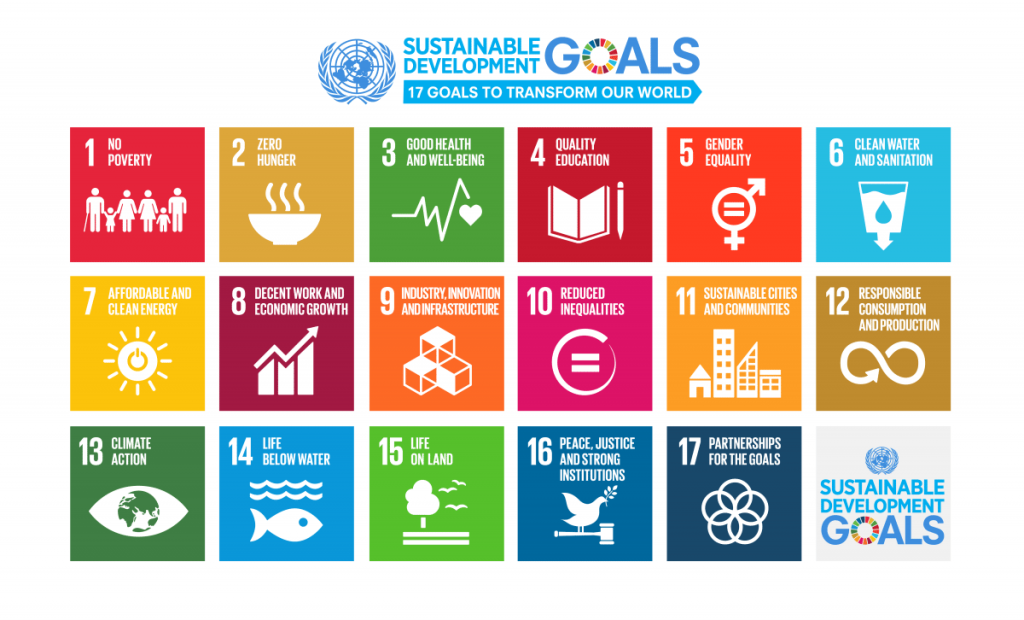
In June 2020, the Center for the Advancement of Social Entrepreneurship (CASE) at Duke University, with funding from the United Nations Development Program (UNDP) SDG Impact, began developing a new online global course to teach investors and enterprises how to apply impact management practices to demonstrate their alignment with, and contribution to, the Sustainable Development Goals (SDGs). Developed in partnership with other leading experts and an advisory group of faculty members from 12 universities across six continents, this online training program will help hundreds to thousands of investors around the world master fundamental steps in measuring and improving their impact portfolios in order to transparently serve a range of impact objectives defined by the UN SDGs.
“We want to encourage investors—even those who don’t see themselves as ‘impact investors’—to direct capital toward achieving the SDGs. The market has not uniformly addressed investors’ needs to show their stakeholders and the public how they are investing in the well-being of all people, the planet and society,” said SDG Impact Director Elizabeth Boggs-Davidsen. “In this age of social distancing, we wanted to provide online training that would enable investors to become well-versed in applying accepted impact measurement and management (IMM) practices and standards that enable them to show how they are helping to move the world toward fulfilling the SDGs. We are confident in the work CASE is doing to design the training.”
Hosted as a massive open online course (MOOC) on Coursera, the online program will offer technical and professional training for several audiences, specifically institutional investors, but also including entrepreneurs, asset managers, asset owners, consultants, corporates, international development personnel and any individual seeking structured training on SDG impact management. The curriculum will be anchored in the Impact Management Project’s existing frameworks, representing the consensus they have achieved over the past two years with input from over 2,000 organizations around the foundational elements of IMM, including: defining impact goals, measuring and reporting impact performance and improving impact.
“We are honored to have been chosen by UNDP SDG Impact to lead the development of a global online training program to help investors aligning their portfolios with the SDGs learn how to implement robust and auditable impact measurement and management practices,” said Cathy Clark, Faculty Director, CASE and CASE i3. “As Morningstar and others have shown, businesses that succeed at managing their impact on stakeholders often outperform their peers. Understandably, investors want to invest in these businesses and maximize that impact. We’re excited to create a free, robust, and accessible training that can help any enterprise and investor anywhere in the world learn to measure, report, and improve the social and environmental value they create for people, the planet and their bottom line.”
Christina Leijonhufvud, Managing Partner at Tideline, a specialized impact investment consulting firm, discusses the need for more alignment and tools on impact measurement and management systems, like the one that CASE is designing, in the impact investing field, “As more and more managers enter the field of impact investing and there’s growing concern amongst investors around impact washing, how to sort one manager against the next, how to judge whether or not they are operating true to their stated impact goals and intentions, impact measurement and management becomes probably the most important set of processes and tools with which to judge the authenticity of a manager’s impact goals and approach.”
This training is being developed to support the adoption of the UNDP SDG Impact Standards. The SDG Impact Standards are provided to organizations as a freely available self-assessment tool to align their internal processes and practices to better address sustainable development risks and opportunities and facilitate their contribution to the achievement of the SDGs.
Development of the online training will continue through 2020 and 2021, with a launch date in late 2021. Stay informed about the project by signing up for the CASE newsletter.

